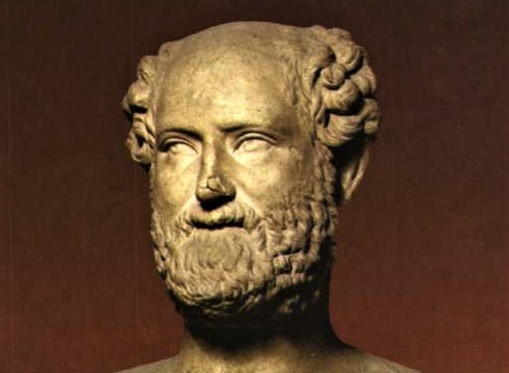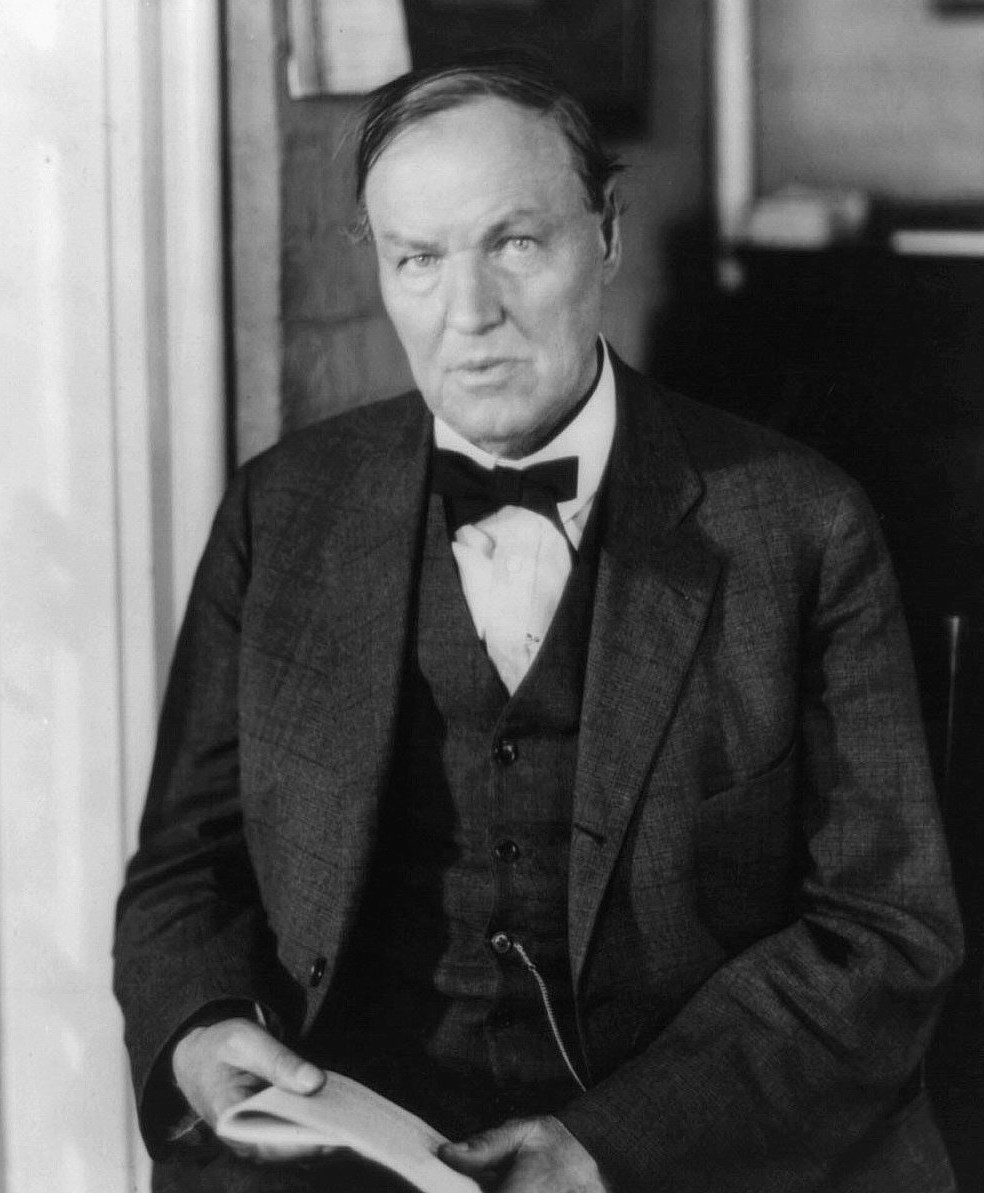“No good deed goes unpunished.” — Oscar Wilde, Irish poet and playwright

Reading about the greatest Greeks in history, I came across Aristides “The Just,” and wondered how a military general and politician came to be recognized for his moral rectitude.
Aristides, who lived between 530 – 468 BC, came to prominence as a strategos (general) who led Athens against Persian invaders in the Battle of Marathon. For his courage and decisiveness, Aristides was elected archon eponymos, chief magistrate of the Greek city-states.
As a political figure, Aristides avoided all personal glory and held the distinction of having the most spotless of reputations. He refused to take bribes, steal public money, or grant favors to his friends. (He’d never make it in today’s Senate.) So morally upright was he, that Greek historian Herodotus called him “…the best and most honorable man in Athens.”
“Pursuing a conservative policy to maintain Athens as a land power,” the website Alchetron writes, “[Aristides] was one of the chief opponents of the naval policy proposed by Themistocles.
“The conflict between the two leaders ended in the ostracism of Aristides… It is said that, on this occasion, an illiterate voter who did not recognize Aristides approached the statesman and requested that he write the name of Aristides on his voting shard to ostracize him. The latter asked if Aristides had wronged him. ‘No, and I do not even know him, but it irritates me to hear him everywhere called ‘the Just’.” Aristides then wrote his own name on the ballot.”
And thus, Aristides… “Just” packed up and left, a decision Athenians would soon regret.
Two years later, Greece was invaded, again, by the Persians who attacked them at the Battle of Thermopylae where 7,000 Spartans fought in a narrow pass, reportedly against 100,000 to 150,000 Persian fighters. Guess who won?
What happened, next?
You guessed it. The Greeks pleaded with Aristides to return and lead the Greek armies, again. Under his command, the great strategos defeated the Persian navy at the Battle of Salamis and the Battle of Plataea.
As written in the Intellectual Devotional (Biographies), “When the Greek alliance began to break down after the war, Aristides led the diplomatic effort to ensure that Athens, not Sparta, would emerge as the leading Greek city.
“Able to win the trust of other Greek cities because of his reputation for integrity, Aristides was one of the architects of the Delian League, a confederacy led by Athens.” United, the League would continue to fight the Persians.
According to philosopher and biographer, Plutarch, Aristides died in poverty before the rise of Pericles, the most prominent statesman, orator, and general during Athens’ Golden Age.
While Aristides’ honor was commendable, one wonders how long it would take before being kicked out of today’s Senate under emperor, Mitch McConnell.
Coming Christmas Eve: A New Hope
Comments











